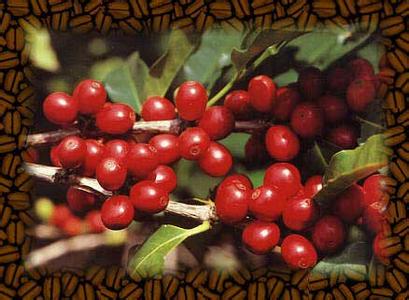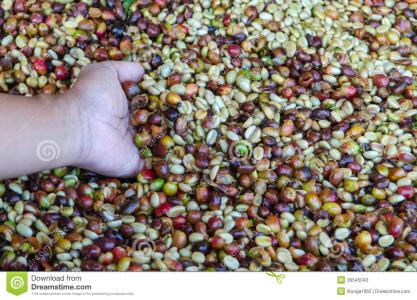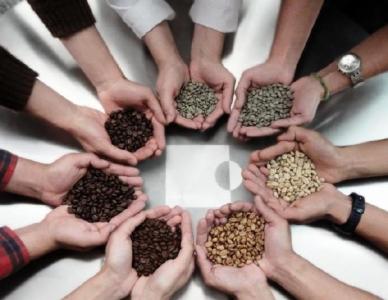Description of taste, price and flavor of coffee beans in Panamanian jadeite manor
In May 2004, [Jade Manor geisha] made its debut in the Panama Cup Test Competition, and since then it has dominated the world.
● geisha beans are pointed and plump, which is quite different from ordinary coffee beans. It belongs to the direct breed of Typica. It was first discovered in the Geisha Mountains southwest of Ethiopia in 1930 (named because the pronunciation of Geisha is the same as the Japanese word for geisha). Its disease resistance is strong, but its production capacity is poor, so it has not been taken seriously, and later wandered around the countries, and settled in the volcanic areas of western Panama in the 1960s.
● in 2002, the second generation Daniel of the Peterson family found that the coffee in the manor had a faint aroma of citrus flowers, which was obviously different from the general coffee flavor in Panama, so it carried out a large-scale blanket cup test, and finally found that this flavor came from the coffee tree on the edge of the manor, which was used as a windbreak, and was identified by experts as a geisha species.
● [geisha breed] was born in 2004, shocked the boutique coffee industry, and then the world set off a planting craze, and the Emerald Manor also shared the seeds with other estates in Kuibian, hoping to improve the coffee growing technology by sharing with each other. Since then, the Boquete producing area has become the cradle of geisha. Then the BOP (Best of Panama) competition became an arena for geisha in different estates, and varieties other than geisha were defenseless at all. finally, BOP was forced to create a breed group, dividing the competition into geisha group and traditional group.
● [geisha breed] brought Panama to the top of the coffee world. When the price of Arabica coffee on the New York Futures Exchange shook back and forth between $1 and $2, the price of geisha coffee in premium estates in the Pokaide area had already exceeded $20, and the bidding price of BOP in 2013 reached a record high of $350.

Important Notice :
前街咖啡 FrontStreet Coffee has moved to new addredd:
FrontStreet Coffee Address: 315,Donghua East Road,GuangZhou
Tel:020 38364473
- Prev

Variety characteristics of Kaddura Coffee beans in Tianyi Manor, Nicaragua
Nicaragua has a unique ecological environment for growing coffee, covered with fertile volcanic soil and shaded planting, which makes the coffee fruit grow slowly and indirectly absorb the moisture brought by thick fog, establishing the good growth essence of coffee. The manor uses hand-cooked fully ripe coffee beans, washed and processed, with rich mellow, multi-layered taste and dry aroma.
- Next

Farm Farm name: San Pedro San Pedro Manor Coffee producing area altitude
San Pedro San Pedro Manor has been producing coffee beans since the 19th century on the West Bank. The initial coffee beans were sold by West Bank estates as Yauco Selecto and now produce about 1000 bags of coffee sold entirely on their own farm, San Pedro San Pedro Coffee. This is the first time that Direct Coffee has introduced Puerto Rican beans. Puerto Rican coffee is on beans.
Related
- Does Rose Summer choose Blue, Green or Red? Detailed explanation of Rose Summer Coffee plots and Classification in Panamanian Jade Manor
- What is the difference between the origin, producing area, processing plant, cooperative and manor of coffee beans?
- How fine does the espresso powder fit? how to grind the espresso?
- Sca coffee roasting degree color card coffee roasting degree 8 roasting color values what do you mean?
- The practice of lattes: how to make lattes at home
- Introduction to Indonesian Fine Coffee beans-- Java Coffee producing area of Indonesian Arabica Coffee
- How much will the flavor of light and medium roasted rose summer be expressed? What baking level is rose summer suitable for?
- Introduction to the characteristics of washing, sun-drying or wet-planing coffee commonly used in Mantenin, Indonesia
- Price characteristics of Arabica Coffee Bean Starbucks introduction to Manning Coffee Bean Taste producing area Variety Manor
- What is the authentic Yega flavor? What are the flavor characteristics of the really excellent Yejasuffi coffee beans?

